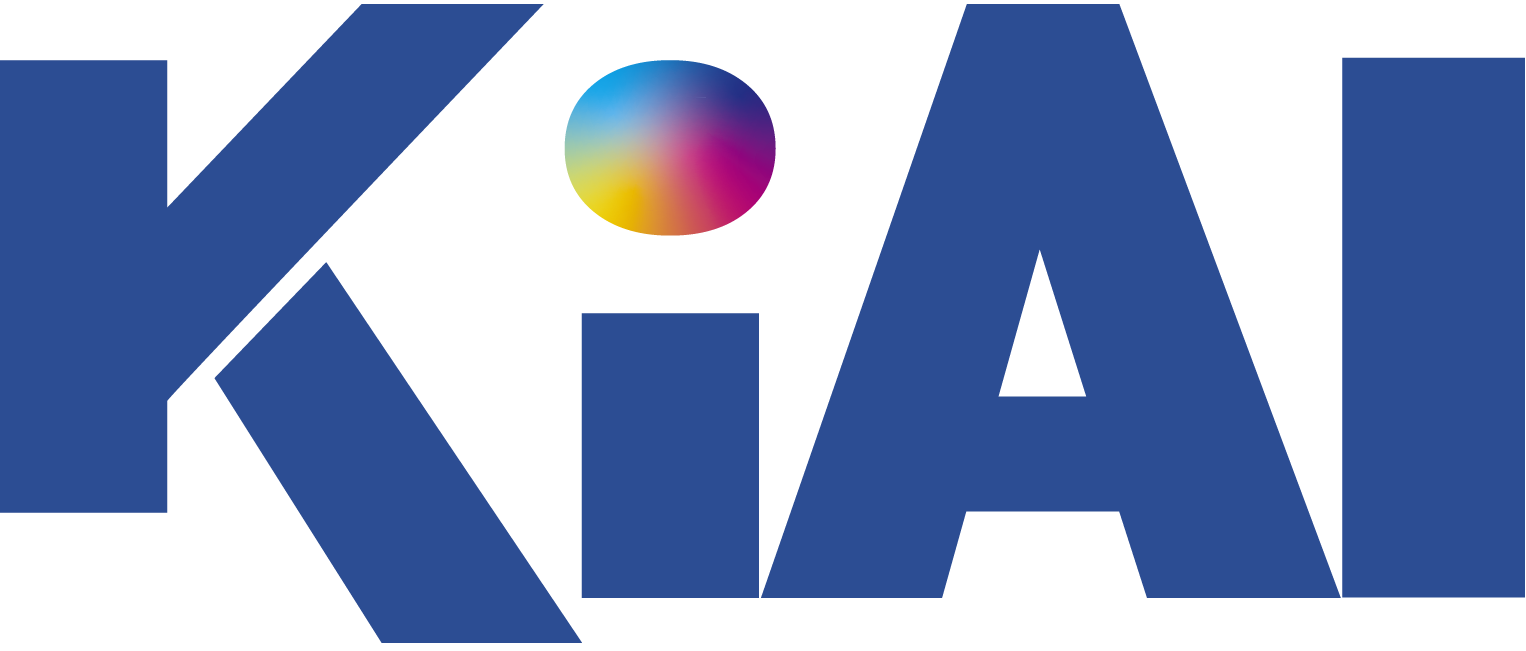In recent developments, Russia has introduced significant changes to its tariff schedule, impacting various sectors of the economy. These changes are crucial for business professionals to understand as they navigate the evolving economic landscape.
One of the notable updates is the extension of the gasoline export permission until the end of July 2024. Initially imposed in March, the embargo on gasoline exports is expected to resume in August for another month, with the possibility of early termination under favorable market conditions. This decision aims to avoid sharp price fluctuations in the fuel market, considering the risk of drone attacks on oil refineries. Major refineries, such as the Nizhny Novgorod Refinery of LUKOIL, have repaired and upgraded their facilities after being affected by the attacks. (Source: Kommersant)
Additionally, the Russian Ministry of Finance announced that additional budget expenditures for 2024 will be financed without using the National Wealth Fund (NWF). The government plans to expand budget expenditures by RUB 1.5 trillion through budgetary reserves, not through additional borrowing. This move is intended to maintain economic stability and avoid increasing the national debt. (Source: Kommersant)
In the aviation sector, Raiffeisenbank will halt outgoing foreign currency transfers for most clients starting September 2, 2024, due to a directive from the European Central Bank (ECB). This restriction will impact cross-border transfers in foreign currency, except for a limited number of corporate clients in large and international businesses. The changes do not apply to cross-border transfers in RUB. (Source: Kommersant)
Furthermore, the Russian government has introduced a three-year moratorium on fining garbage trucks exceeding axle load limits by more than 10%. This moratorium, effective from April 1, 2025, to March 1, 2028, applies to two- and three-axle garbage trucks transporting solid municipal waste (SMW) registered in the federal SMW accounting system. The decision aims to reduce waste volume and operator costs, ultimately benefiting individuals and businesses. (Source: RIA)
These updates reflect Russia’s efforts to adapt to current economic challenges and maintain stability amidst global uncertainties. Business professionals should stay informed about these changes to make strategic decisions and capitalize on emerging opportunities.
For more detailed information, please refer to the following sources:
– Kommersant
– Kommersant
– Kommersant
– RIA

